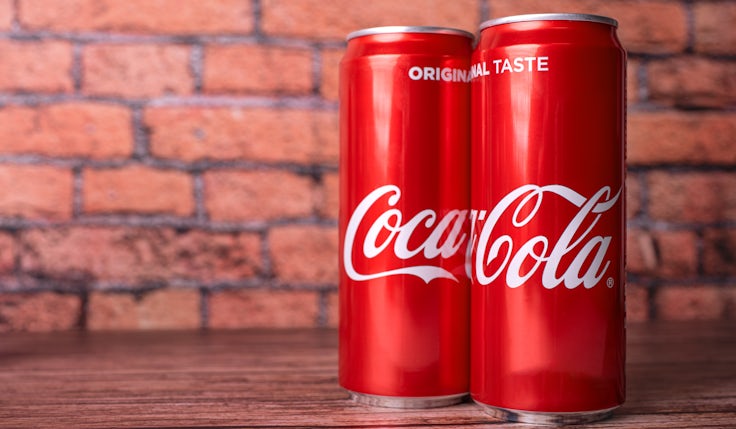Nestlé steps up innovation after ‘less energy’ devoted to it during inflation
The FMCG giant is looking at “new category opportunities” as it looks to regain market share and tackle the threat of private labels.
 Nestlé’s CEO has asserted his company’s commitment to innovation in its portfolio to drive volume growth, after admitting the business devoted “less energy” to it in recent years during heightened inflation.
Nestlé’s CEO has asserted his company’s commitment to innovation in its portfolio to drive volume growth, after admitting the business devoted “less energy” to it in recent years during heightened inflation.
CEO Mark Schneider said there was an industry-wide slowdown in innovation efforts as supply chain shortages and inflation hit FMCG businesses like Nestlé, which owns brands including KitKat, Cheerios and Nescafé.
“Everyone was grappling with the same issues and that is how to keep supply chains running, how to focus scarce resources on the core SKUs and keeping shelves stocked, and, in that moment, less energy was devoted to innovation and renovation,” he told investors on a call yesterday (25 April).
In the face of a cost-of-living crisis, less innovation may have “inadvertently” helped private label competition, he added. Brands like those owned by Nestlé lost some market share and as it attempts to regain share and grow sales volumes, innovation must be executed on a “consistent” basis, Schneider said.
The business is leveraging its innovation to create “new category opportunities”, he said. This innovation is supported by advertising and promotional spending.
Almost half of large businesses leaning on innovation to grow
“To back up our expanded innovation pipeline, we are focused on fuelling growth through increased advertising and marketing investments to support stronger consumer engagement,” Schneider said.
During the recent years of heightened inflation, pricing was Nestlé’s key driver of sales growth, it has now moved to drive growth through volume, or as it calls it, real internal growth.
In the first quarter of 2024, the company saw what it termed a “slow start”, with organic sales growth of 1.4% year over year to generate CHF 22.1bn (£19.36bn) in sales. Pricing contributed 3.4% growth, while real internal growth declined by 2%. Schneider said that the business expects to see “a strong rebound” in real internal growth in its next quarter.
Chief financial officer Anna Manz did say that real internal growth was “improving”, a trend that has been “fuelled by [the company’s] investments in innovation and marketing driving enhanced mix, particularly for premium products”.
Schneider noted that the business’s focus on marketing was something it had quickly put in place in reaction to the slow start to year.
“This is not about forward looking marketing spend that we will initiate now. We’ve been essentially on the accelerator since Q2 last year,” he said.
‘Nuanced’ pricing
When discussing how Nestlé was investing its marketing spend, its CEO Schneider echoed some of what rival Unilever said in its most recent results.
Both companies have committed to focusing on their most profitable brands, for Unilever what it terms its “power brands”, and for Nestlé its “Billionaire” brands.
In the first quarter, Nestlé’s billionaire brands, which account for more than 70% of group sales, grew at twice the group average, it said.
As well as being targeted behind which brands it deploys it marketing spend, Nestlé is also being cautious about how it deploys its marketing mix. CFO Manz noted that promotional activity like discounting forms just one part of the marketing mix and said that she does not expect total levels of promotions to increase.
Danone eyes ‘selective price increases’ as volumes grow
On pricing generally, Schneider said he does not expect the impact of pricing to enter negative figures anytime soon, meaning that he expects Nestlé will continue to “moderately” increase prices even as inflation begins to ease.
“Pricing going forward will have to be a lot more nuanced than what we had in the past,” he commented.
“You will see some categories and geographies with continued [increases to] pricing in a very targeted specific way, and others where we may have to hold steady or even you know, retreat slightly on pricing in order to stay in the game and competitive.”







